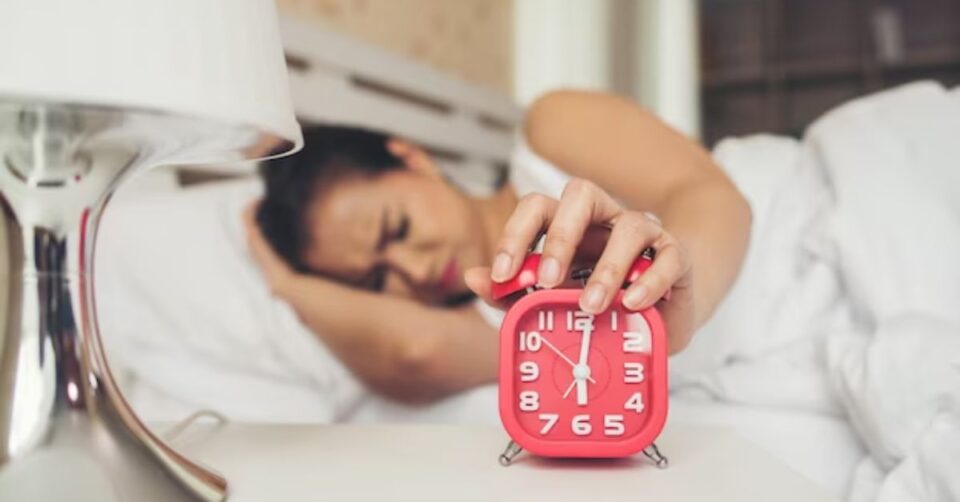Picture this, it is early morning, the alarm goes off, and you drag yourself out of bed feeling like you’ve wrestled an entire night with your bedsheet. This struggle is all too familiar for those who have experienced sleep deprivation. The tired eyes, the persistent brain fog, and the irritable mood become an all-encompassing reality. But it’s not just these obvious signs. Research suggests that sleep deprivation can chip away at cognitive abilities, impair memory consolidation, and weaken the immune system, leaving us vulnerable to various health issues.
Table of Contents
Unearthing the culprits: Delving into the Causes
In the quest for productivity, we often overlook that sleep is a non-negotiable biological necessity. Yet, the sleep deprivation causes can be as varied as they are surprising. Sure, binge-watching that thrilling series late into the night seems harmless, but the blue light emitted by the screens can trick our brains into thinking it’s still daytime. Stress, another silent infiltrator, can release a cascade of hormones that keep us tossing and turning instead of drifting into the arms of slumber. Not to forget the marvel – our smartphones – that keep us perpetually connected, disrupting our body’s internal clock.
Descending Into Darkness: Stages of Sleep Deprivation
The path to sleep deprivation isn’t linear. It’s more like descending into a series of stages, each more unsettling than the last. At first, it’s the mild drowsiness during the day, perhaps coupled with the inability to concentrate. Then, the journey moves into a twilight zone where your body craves caffeine like a thirsty traveler in a desert. As you venture further, the mind becomes a theater for peculiar dreams even when you’re awake, and emotional resilience erodes like sand beneath the tide. Ultimately, in the bottomless abyss of sleep deprivation, hallucinations can start dancing at the periphery of your vision, reminding you of the cost of neglecting rest.
Beyond the Shadows: Illuminating the Path Forward
Amidst the shadows of sleep deprivation, there’s hope and redemption. It’s time to acknowledge that proper sleep is essential for our bodies to function effectively. By adopting sleep hygiene practices, such as setting a consistent sleep schedule, creating a comfortable environment, and disconnecting from screens before bed, we can start to mend our relationship with rest. And remember, that extra cup of coffee might not be the answer; sometimes, a power nap can work wonders.
A Wake-Up Call: the power of Data and Facts
If you need more than anecdotal evidence, here’s a nugget of data to jolt you awake: According to the CDC, over one-third of adults in the United States regularly get less than the recommended seven hours of sleep per night. But here’s the kicker – sleep deprivation costs the U.S. economy a staggering $411 billion annually in lost productivity and healthcare expenses. Supplements for sleep are prescribed and preferred by most individuals suffering from sleep deprivation. And it’s not solely related to economics; it’s about reclaiming our vitality and cognitive prowess, which inherently links to well-rested minds.
In conclusion, my journey into understanding sleep deprivation has been eye-opening. It’s a nuanced issue that extends far beyond mere tiredness. As an individual in their mid-twenties, with dreams to chase and adventures to embark upon, I now realize that respecting my body’s need for sleep is not just a luxury but a non-negotiable investment in my overall well-being. So, let’s bid farewell to the abyss of sleeplessness and embrace the rejuvenating power of a good night’s sleep.

